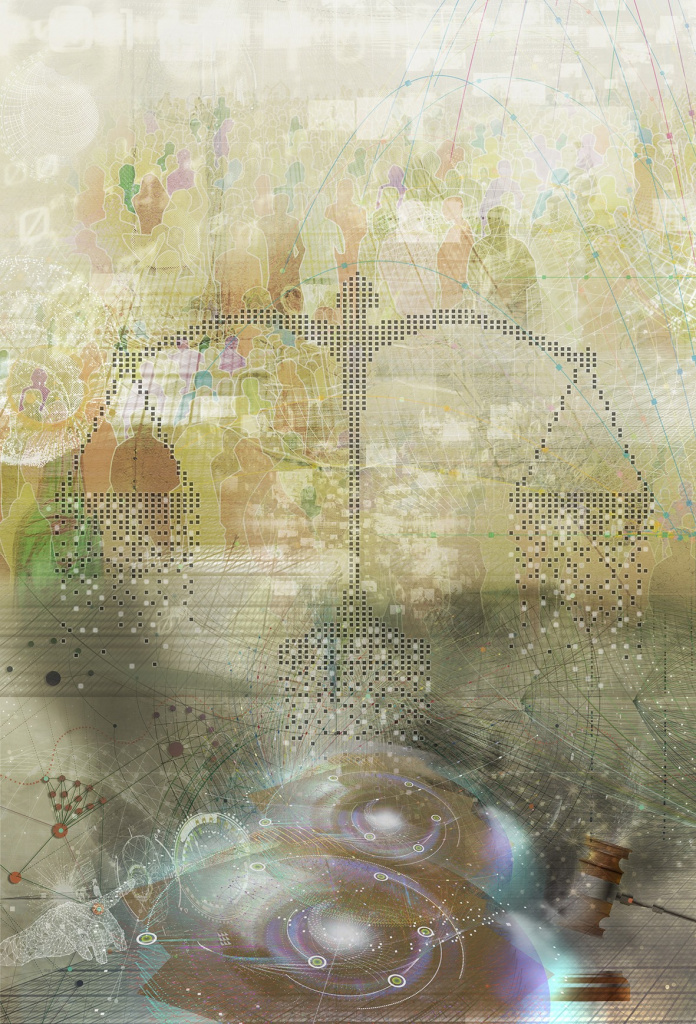Лилия Земнухова
Социолог, кандидат наук, научный сотрудник Социологического института РАН и Центра STS Европейского университета в Санкт-Петербурге
Современные технологии отражают социальные напряжения в обществе, усиливают устоявшиеся структурные неравенства и воспроизводят культурные убеждения. Доминирующий на сегодня технократический подход в разработке технологий предполагает рациональную логику даже в отношении социальных эффектов, поэтому он ограничен и нуждается в пересмотре и включении новых акторов на разных этапах производства. Смена парадигмы разработки может быть реализована благодаря разнообразию социального знания, которое должно лечь в основу принятия технологических решений еще до закрытия «черного ящика», то есть технологии, в которую уже нельзя внести изменений.
Разработка требует привлечения участников со своими сильными сферами экспертизы, особенно если речь идет о социальном развитии: необходимо участие локальных сообществ, социально ориентированных НКО и других представителей гражданского общества. При этом совместное участие разработчиков и разных общественных представителей ставит новый круг задач и вызовов. Кто эти новые акторы, как их контролировать, отслеживать и делать подотчётными, и какие для этого будут нужны компетенции? Каковы границы ответственности и на чем основываться, оценивая действия акторов? Можно ли добиться прозрачности / технологии прозрачности? Могут ли технологии контролировать технологии? Глава основана на примерах технологических трендов – приватность и этика технологий, развитие, основанное на ИИ, а также блокчейн.
(Скачать статью в формате .pdf)
Civil Society and Monitoring the Social Impact of Technologies
Liliia Zemnukhova
Sociologist, Candidate of Sciences, Research Fellow at the Sociological Institute of the FCTAS RAS and the STS Center of European University at Saint Petersburg
Modern technologies reflect social tensions in society, enhance established structural inequalities, and reproduce cultural beliefs. Since the currently dominating technocratic approach to technological development implies a rational logic even regarding the social impact, it is limited and needs to be reconsidered; additionally, new actors must be involved at different stages of production. A change of paradigm can be brought about by improved social understanding which should become the basis for technological decision-making even before the closure of the black box that is technology which is not subject to change.
The development process requires the involvement of participants with strong fields of expertise, especially when it comes to social development: the participation of local communities, socially oriented NGOs, and other civil representatives is necessary. At the same time, joint participation of developers and public representatives sets a new range of problems and challenges. Who are these new actors? How do we control and monitor them, and make them accountable? What competencies will be required for this? What will define the borders of responsibility and serve as a guideline in estimating the actors’ performance? Is it possible to achieve transparency/technology of transparency? Can technologies control technologies? This chapter is based on examples of technological trends such as privacy and ethics of technologies, AI-related development, and blockchain.
Read full article (PDF, 404 KB)

